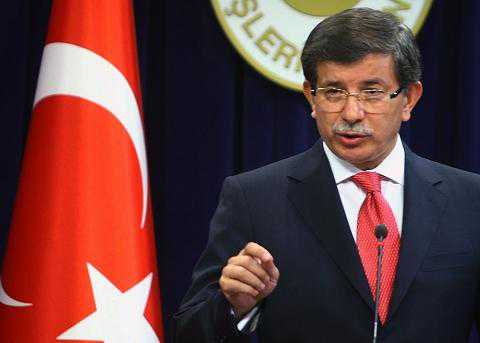ANKARA: Turkey has cancelled the first ever scheduled Turkish flights to its long-time rival Armenia, days before the first plane was due to take off, officials have said, following fierce opposition from Turkey’s ally and energy partner Azerbaijan.
The twice-weekly flights between Turkey’s eastern city of Van and the Armenian capital Yerevan were due to begin on April 3 and, encouraged by a US push for rapprochement, were meant to boost bilateral tourism and trade.
But with just over a week until the first flight, and with tickets already on sale, Turkey’s civil aviation authority stepped in and ordered the flights to be suspended.
Officials at Turkey’s transport ministry confirmed the flights had been stopped but declined to give a reason. BoraJet, the private Turkish carrier set to fly the 45-minute route, has also declined to comment on the stoppage. One BoraJet official twice denied the Van-Yerevan flights had ever been planned, even though the route was still available as a booking option on the firm’s website on Monday.
Narekavank Tour, a Yerevan-based travel agency which has spent the last three years organising the flights together with a Turkish travel agency in Van, said the reason was political.
“The organisers were keen on staying away from politics. It is very sad and discouraging that Turkish authorities were not able to do the same and finally let politics interfere with this promising initiative,” it said in a statement. Asked if he thought this was due to specific pressure from Azerbaijan, Armen Hovhannisyan, co-founder of Narekavank Tour, said: “Of course, it’s part of the whole formula, and maybe they have been working behind the scenes.”
Officially at war, Armenia and Azerbaijan have been locked in a bitter dispute over the territory of Nagorno-Karabakh – a mountainous enclave within Azerbaijan with a majority Armenian population – which Armenian-backed forces seized along with seven surrounding Azeri districts in 1991.
Turkey, which has never opened an embassy in Armenia, closed its land border in 1993 in a show of solidarity with Azerbaijan, a Muslim and Turkic-speaking ally which also supplies Ankara with billions of cubic metres of Caspian natural gas each year.
Reuters
via Turkey scraps flights to Armenia.





